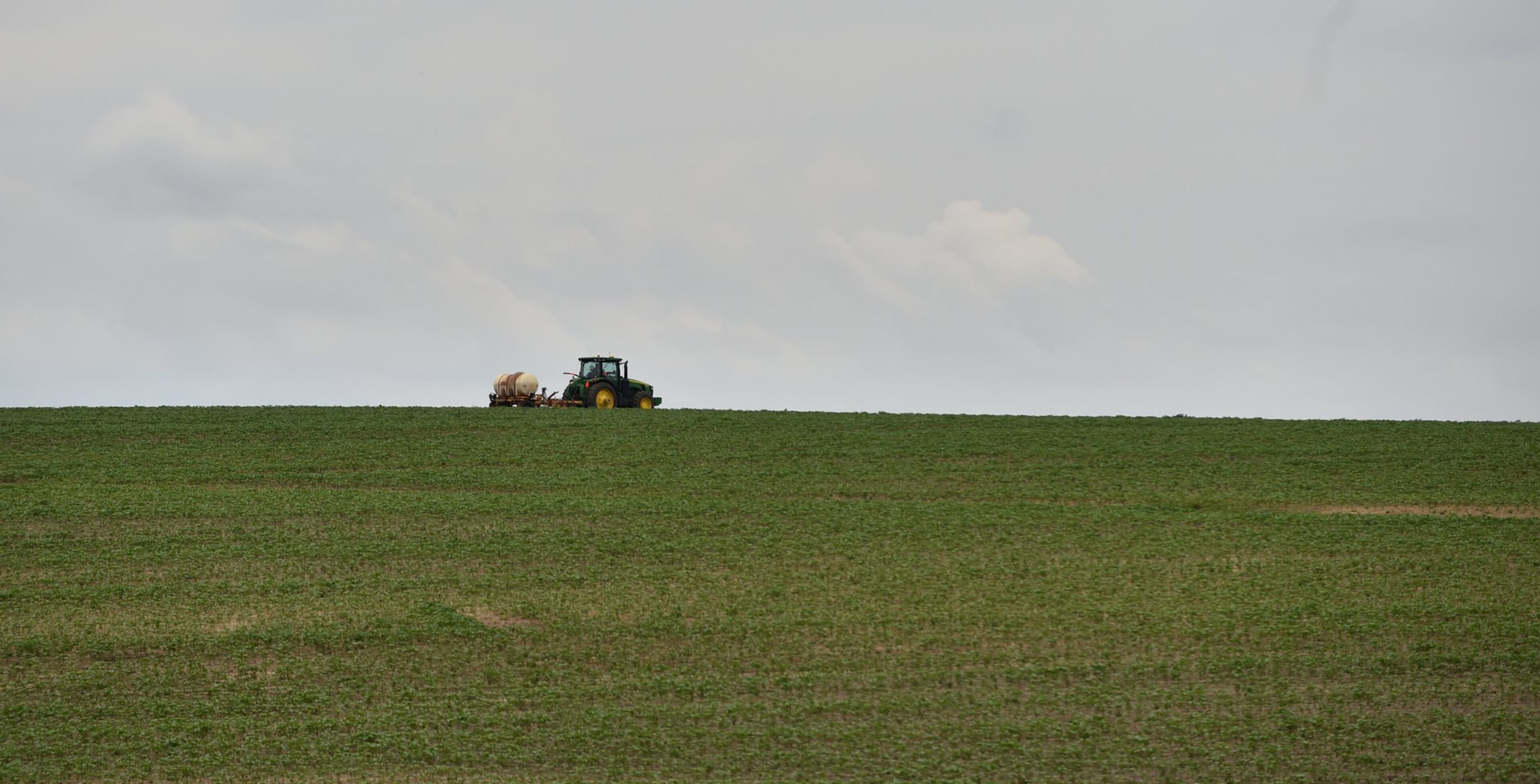Subsidies offered for Georgia farmers hit by tariffs; impact unclear
New subsidies rolled out by the federal government will offer short-term relief to Georgia farmers hit by a U.S.-China trade war, but the details and scope of the relief remain unclear.
U.S. Secretary of Agriculture and former Georgia Gov. Sonny Perdue announced Tuesday the federal government would be delivering $12 billion in subsidies to help farmers impacted by retaliatory Chinese tariffs. Many farmers fear these tariffs will drive down crop prices.
Georiga Agriculture Commissioner Gary Black said the subsidies are a “good short-term solution” in a statement. Farmers and farm groups in the state are unsure of the details of the program beyond the basic framework, with Georgia Cotton Commission Executive Director Richey Seaton saying it is in “a state of flux.”
The subsidies consist of three parts, according to a press release from the United States Department of Agriculture. First, the federal government will provide incremental cash payments to farmers of certain crops, including cotton and soybeans.
China is a leading export market for Georgia cotton. While Georgia soybeans are largely not exported outside the country, they are still at risk if soybean prices fall worldwide due to the trade dispute.

In other cases, the government plans to purchase surplus crops which will then be redistributed to food banks. Crops included in this group include nuts, among them pecans. Approximately half of Georgia pecans go to China, but new tariffs will make them more expensive there.
The fear amongst pecan farmers is not that an absence of demand but a drop in prices, said pecan farmer R.G. Lamar, operator of one of the largest pecan farms in Georgia.
The final part of the subsidies is a trade promotion program which works with private entities, the USDA said, to find new markets for farmers to sell their products.
At the end of the day, Lamar said, farmers “would rather have markets than subsidies.”
Not mentioned by the USDA is Georgia’s top agricultural product: poultry. Georgia is the largest poultry exporter in the country. Chinese tariffs have not targeted U.S. poultry, said Poultry and Egg Export Council President Jim Sumner, but American chicken has been shut out of Chinese markets for years. Sumner said he hopes government subsidies will also extend to poultry.
“We’re still under the cloud of unfair trade restrictions,” Sumner said.
‘Don’t want a government check’
New Chinese tariffs are in response to tariffs implemented by President Donald Trump. Trump has taxed billions of dollars of Chinese imports as part of a campaign promise to decrease the U.S. trade deficit with China and to boost American manufacturing.
Chinese counter-tariffs have significantly impacted American farmers. China hiked taxes on imports of U.S. crops including soybeans, cotton and pecans, which are major crops in Georgia. This makes the crops more expensive in China, resulting in falling demand and falling prices.
Despite the uncertainty created by the tariffs and the importance of the Chinese market to many farmers, Seaton said his hope is the trade quarrel will pass, with better conditions waiting on the other end.
“We appreciate what the administration is trying to do for us,” Seaton said. “Hopefully these taxes lead to better trade and more fair trade for our farmers.”
U.S. Rep. David Scott, a Democrat representing Georgia’s 13th District, called the handling of the subsidies confusing and said the Trump administration should walk back the tariffs it has placed on trading partners. Scott is also a member of the House Agriculture Committee.
“What farmers and I want is an open market,” Scott said. “Our farmers don’t want a government check.”


